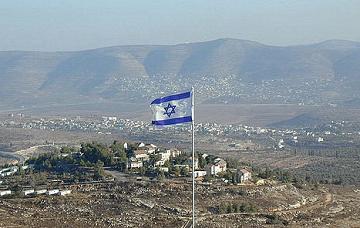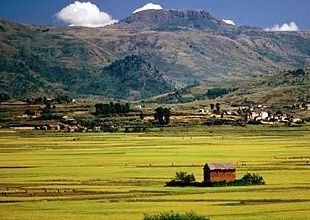Cud and Complicity: Burying the Alternatives to Empire's Dominion

Rep. Dennis Kucinich's proposal to withdraw from Afghanistan was debated, heatedly, for hours in the House of Representatives on Wednesday. After the debate, dozens of Representatives cast their vote to end the war immediately. This was an unprecedented event in the history of the conflict, now in its ninth year.
Think about that for a moment: an unprecedented event, on the floor of the House, going on for hours, involving a question of supreme national importance. Regardless of one's position on the issue, is this not the very definition of "news"? But on Thursday morning, you could search high and low on the front pages (print and web) of both the New York Times and the Washington Post -- our national arbiters of serious newsworthiness -- yet find no mention whatsoever of this event. This, even though the web fronts -- unlike the paper versions -- contain headlines for dozens of stories, including sections devoted entirely to Washington politics.
You would have had to know about the debate already -- or else trawl diligently through piles of pixels or print -- to reach the small stories that our papers of record deigned to release on the subject. No ordinary newspaper reader -- someone who has a more than passing interest in current events but also has a life to live -- would even know that such a debate took place, much less learn anything about the powerful arguments against the war delivered on the floor of the national legislature. That is to say, it is entirely possible that a reasonably informed and engaged citizen of the Republic would not even be aware that dozens of elected officials at the highest level of government voiced their support for the most radical position on the war: immediate withdrawal.




























